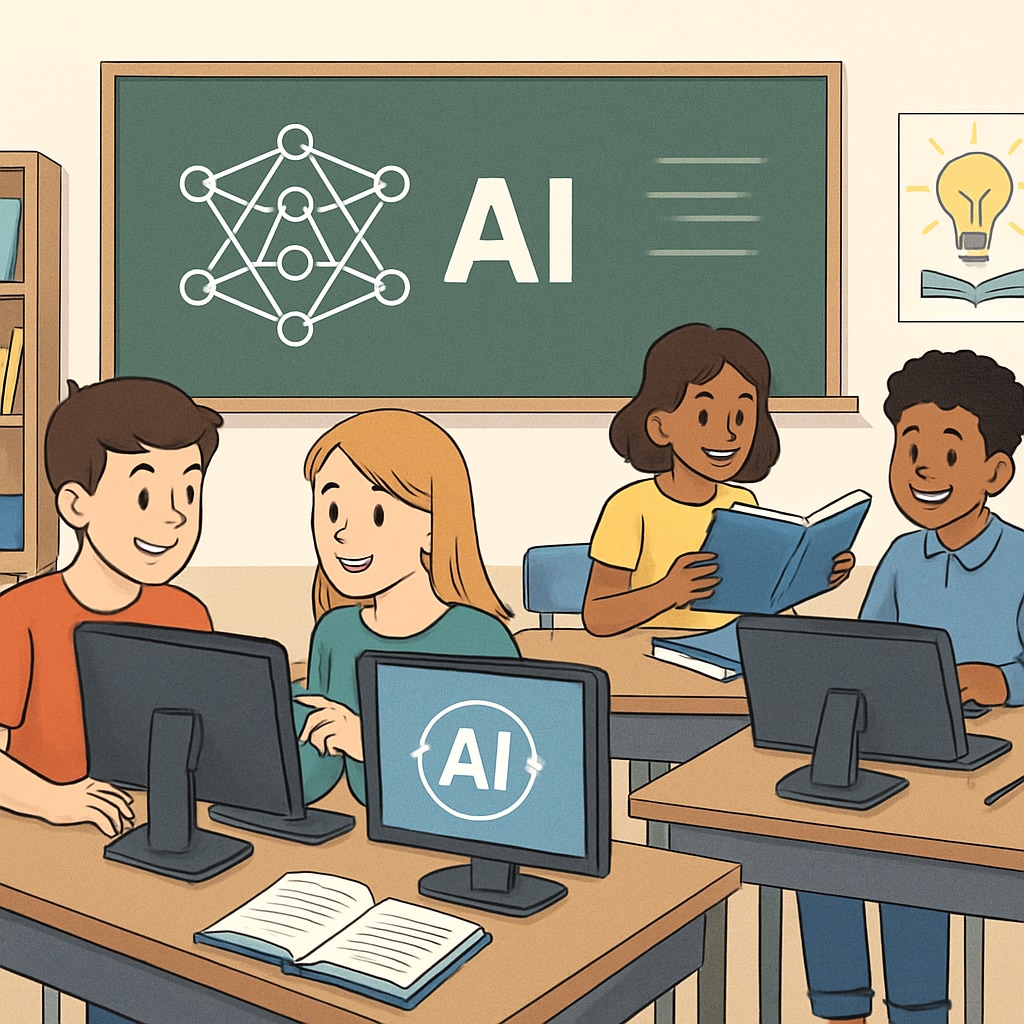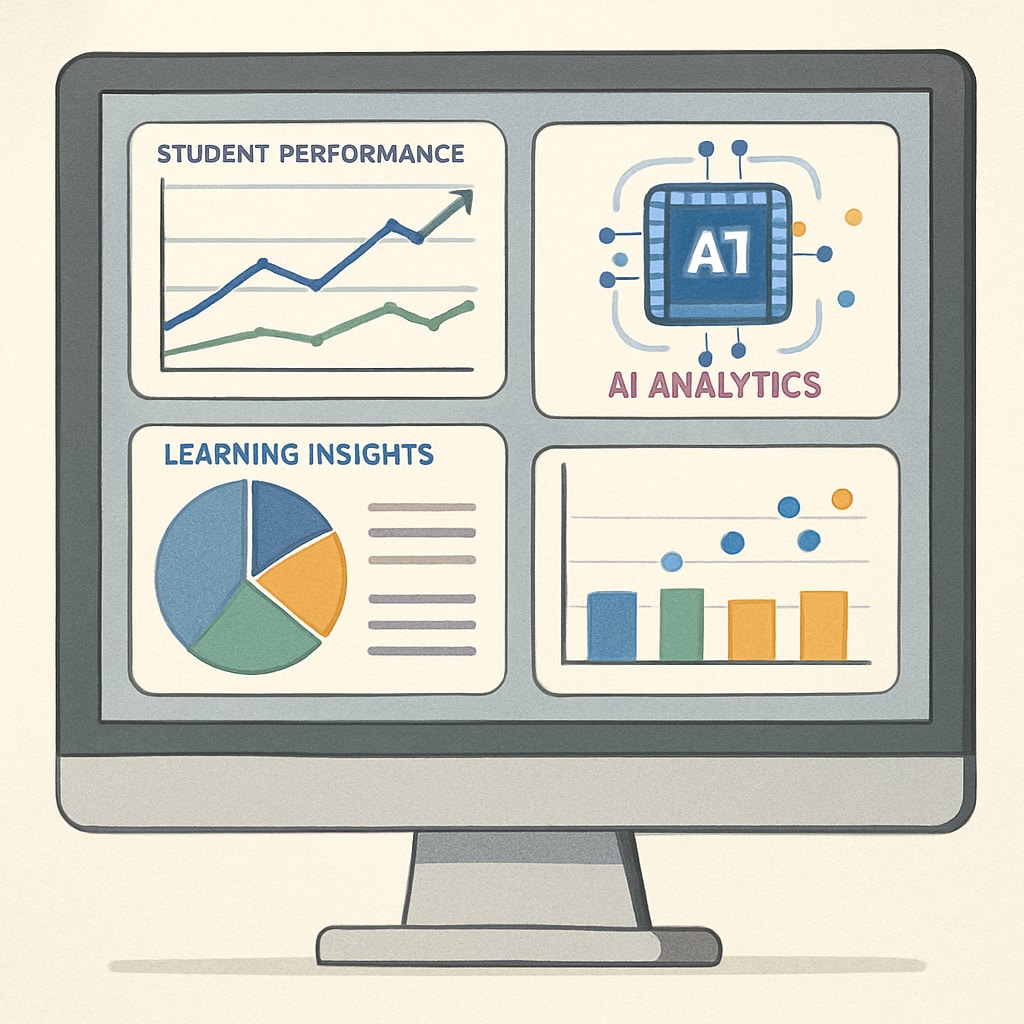As artificial intelligence (AI) continues to revolutionize industries, it is becoming increasingly evident that traditional competitive exams are no longer sufficient for effective talent selection in education. The K12 education system, which forms the foundation of students’ academic and personal development, must adapt its evaluation methods to align with the demands of an AI-driven future. This article examines the shortcomings of traditional competitive exams, the impact of AI on education, and innovative approaches to reforming the K12 exam system.
The Shortcomings of Traditional Competitive Exams
Traditional competitive exams, often designed to test rote memorization and standardized problem-solving, have long been criticized for their inability to assess a student’s full potential. These exams prioritize uniformity over creativity and often ignore essential skills such as critical thinking, collaboration, and emotional intelligence. As a result, they fail to provide a complete picture of a student’s abilities and readiness for the challenges of a rapidly changing world.
Moreover, the focus on high-stakes testing can lead to undue stress and anxiety among students. This pressure often discourages curiosity and innovation, key qualities needed in the AI era. If education continues to emphasize outdated testing methods, we risk overlooking students who excel in non-traditional areas, such as creative problem-solving or interdisciplinary thinking.

How AI is Transforming Education and Talent Discovery
AI is not just reshaping industries; it is also redefining the way we approach education. Technologies such as adaptive learning platforms, personalized tutoring, and real-time performance analytics are enabling educators to tailor instruction to individual students’ needs. For example, AI can identify a student’s strengths and weaknesses more accurately than standardized tests, offering a more comprehensive understanding of their potential.
In addition, AI tools can evaluate skills that traditional exams overlook, such as creativity, collaboration, and digital literacy. These tools can simulate real-world scenarios, allowing students to demonstrate their problem-solving abilities in practical contexts. As a result, AI is paving the way for a more inclusive and dynamic approach to talent selection.
However, the integration of AI also raises questions about equity and accessibility. To ensure that all students benefit from these advancements, policymakers must address issues such as the digital divide and data privacy concerns.

Reimagining K12 Exams for the AI Era
To prepare students for the complexities of the modern world, K12 education systems must move beyond traditional competitive exams. Here are some innovative approaches to reforming the exam system:
- Portfolio-Based Assessment: Encourage students to compile portfolios showcasing their projects, presentations, and collaborative work. This method provides a holistic view of their abilities and achievements.
- Real-World Problem-Solving Tasks: Design assessments that require students to address real-world challenges, fostering creativity and critical thinking.
- AI-Driven Personalized Evaluations: Use AI tools to assess students’ progress in real-time, offering tailored feedback and recommendations for improvement.
- Interdisciplinary Exams: Develop tests that integrate multiple subjects, reflecting the interconnected nature of knowledge in the AI era.
By adopting these methods, educators can create an evaluation system that values diverse talents and prepares students for the demands of an AI-driven workforce.
The Role of Policymakers and Educators
Reforming the K12 exam system requires collaboration among policymakers, educators, and technology developers. Policymakers must prioritize funding for AI-based educational tools and ensure equitable access to technology for all students. Educators, on the other hand, need to embrace professional development opportunities to effectively integrate AI into their teaching practices.
Additionally, open dialogue with parents and students is essential to address concerns and build trust in the new evaluation methods. By working together, stakeholders can create a more inclusive and effective education system that nurtures every student’s potential.
For more on the potential of AI in education, explore educational technology on Wikipedia or learn about AI applications on Britannica.
Conclusion: A Call for Change
In conclusion, the AI era demands a fundamental shift in how we evaluate and nurture talent. Traditional competitive exams, with their focus on uniformity and rote memorization, are ill-equipped to meet the needs of modern education. By embracing AI technologies and innovative assessment methods, we can create an inclusive and dynamic system that recognizes diverse talents and prepares students for the challenges of the future. The time to act is now—let us reimagine K12 education for the AI-driven world.


